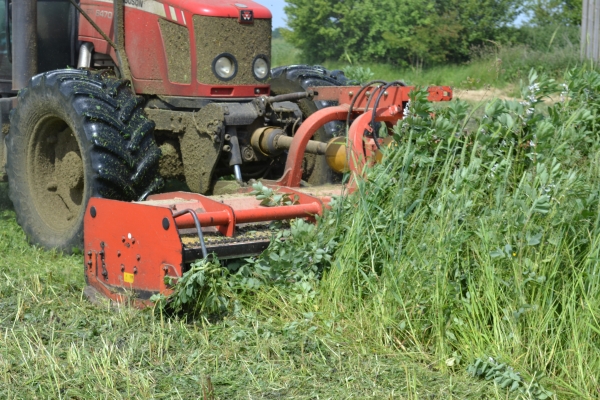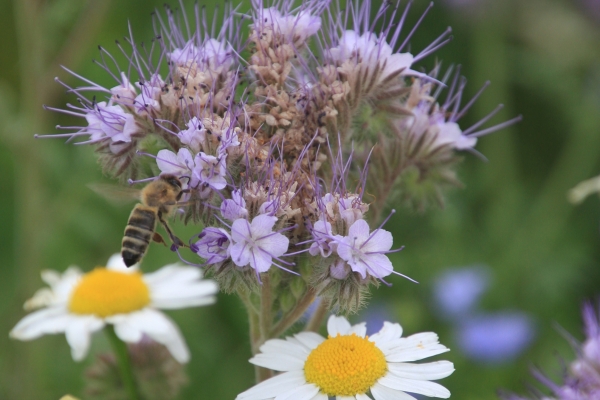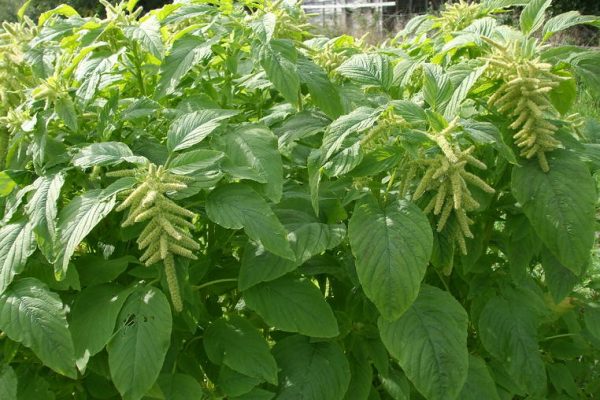Green Manures for No-Till Market Gardens
Resource explained
This webinar, led by OGA, aimed to address how we can better incorporate green manures (aka cover crops) into organic no-dig or minimum tillage vegetable systems. Green manures are an important part of organic vegetable growing systems, however, they’re often under-used in no-dig or minimum tillage situations. They can be seen as being difficult to handle and kill (without glyphosate) and therefore as robbing growing space from cash crops. To be more sustainable, no-dig market gardens need to be less reliant on brought-in fertility, and design more closed-loop systems. The webinar featured no-till grower Jesse Frost of Rough Draft Farmstead in Kentucky, USA, and Jayne Arnold of Oxton Organics. It offers an inspiring delve into the options available and the benefits of embracing diversity for ecology and soil health.
Findings & recommendations
Jesse Frost
- Jesse favours cover crops that die overwinter or are killed by mowing – e.g. buckwheat – after which a crop can be planted directly.
- Over-wintered cover crops are more complicated. Rye is best killed at the milk stage (when you can press out a little liquid from the grain), a two-week window. Jesse has found running over rye with a BCS walking tractor and power-harrow with PTO engaged but not touching the ground, works best for him.
Jayne Arnold
- Jayne’s approach is to introduce diversity by under-sowing crops with low-growing cover crops – mainly flowers.
- It is important to get on top of weeds before under-sowing.
- The best time to sow in tunnels is in the summer, and under tall crops.
- Tall long-season field crops lend themselves to under-sowing. Jayne grows a version of the ‘three sisters’ with sweetcorn, squash and an under-sown cover crop.
- In the third or fourth week of August, Jayne sows hardy annuals mixed with a biostimulant on any vacant beds or “under any crop we can get away with.”
- Jayne says of introducing diversity with lots of flowers, it “makes me very happy; it’s not all about the money!”




